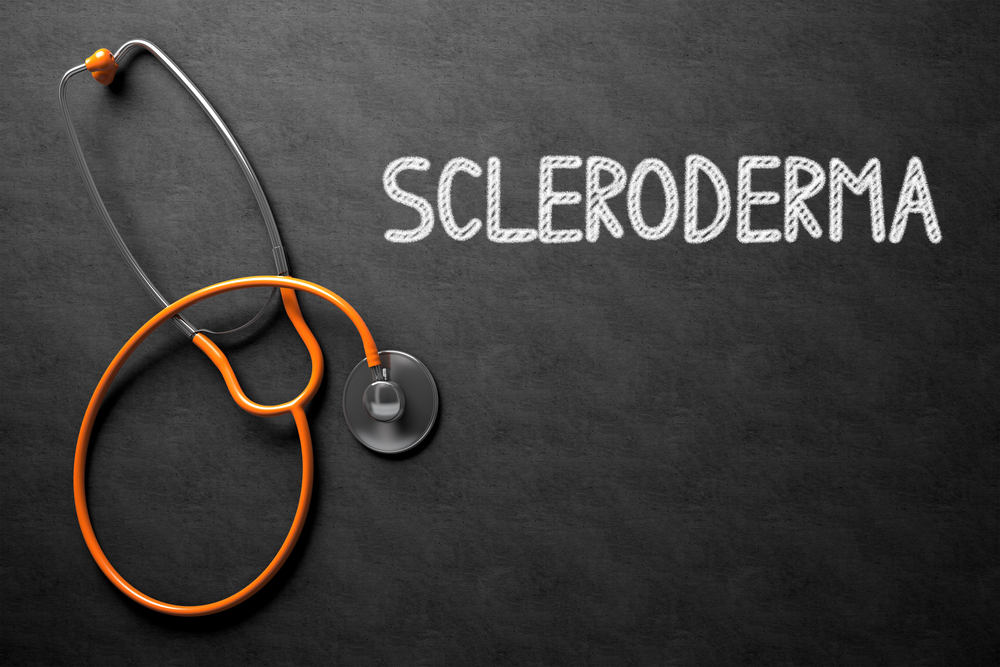NavigAID SSc Assay Diagnoses Scleroderma Subgroups, Could Lead to New Therapies
Written by |

Protagen has launched NavigAID SSc, a new disease stratification assay that, by measuring serum biomarkers, can define specific systemic sclerosis (SSc) patient subgroups, thereby facilitating differential diagnosis and supporting the development of personalized therapeutics in SSc.
SSc is an autoimmune disorder in which the immune system attacks the body. The condition is characterized by tissue fibrosis and vascular injury in the skin and internal organs. SSc is of extreme heterogeneity in clinical presentation and has an unpredictable clinical course. So, addressing the SSc heterogeneity challenge is pivotal for the clinical development of effective therapies.
By measuring SSc specific serum biomarkers (measurable indicators of the severity or presence of the disease), the newly-launched NavigAID SSc enables the distinct segregation of patient subgroups, thus enabling differential diagnosis, risk stratification and prediction of SSc organ involvement.
The assay increases the probability of success in both the treatment of SSc and in clinical drug development, holding also the potential to provide the basis for treatment-specific companion diagnostics (CDx).
“The World Scleroderma Foundation reports that approximately 2.5 million individuals worldwide suffer from SSc, which in its more aggressive form is the most fatal of all rheumatologic disorders. Unfortunately, the extreme clinical diversity of the disease means that no two patients are truly alike, a fact that has hindered much-needed medical progress,” Bernd Kirschbaum, former Merck Pharma executive and chairman of the Protagen board of directors, said in a press release. “Addressing the SSc heterogeneity challenge is crucial for the clinical development of effective and curative therapies. The new NavigAID SSc does exactly this,” he said.
“Our innovative NavigAID concept has been specifically designed to address the growing unmet need for novel diagnostic biomarkers and assays for precise disease characterization, patient stratification and therapy response prediction. As such, it is set to benefit any new SSc clinical development program,” said Georg Lautscham, chief business officer at Protagen. “Continuing on this path, we are currently working on additional NavigAID product line extensions across other therapies and indications, such as checkpoint inhibitor therapies in immuno-oncology, cancer vaccines, rheumatoid arthritis and Sjögren’s Syndrome.”
In April 2015, Protagen launched the NavigAID SLE, an assay that uses the same approach and allows the distinction of subgroups in systemic lupus erythematosus (SLE) via the simple measurement of serum biomarkers.





